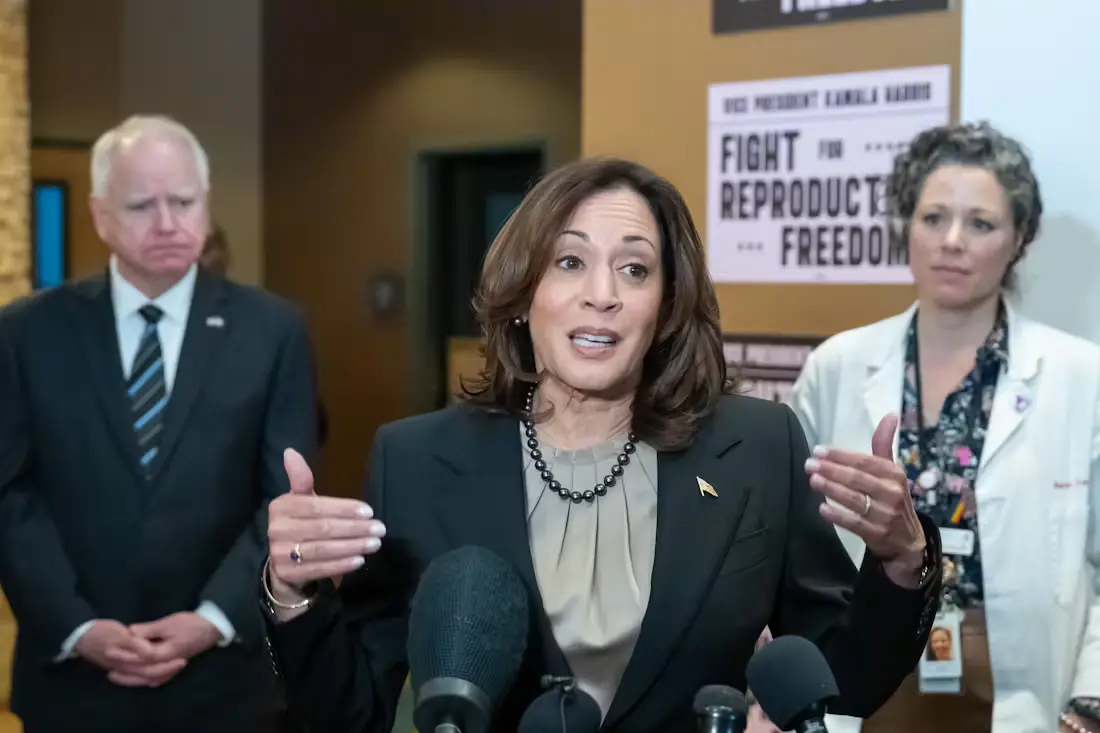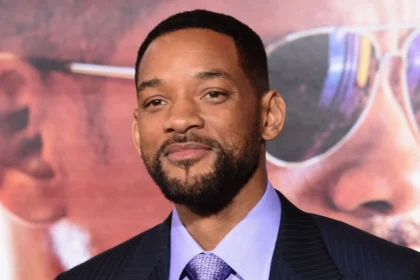From his teen start in the US military to teaching in China and on a Native American reservation before entering politics, Democratic vice presidential pick Tim Walz packs a full resume — and exudes folksy appeal.
A second-term Minnesota governor and now Kamala Harris’ running mate, Walz brings a rural Midwestern perspective to her campaign as she squares off against Republican Donald Trump in the US presidential race.
Alongside his blue-collar persona, he is a champion of liberal goals that will motivate the Democratic base.
As governor, Walz has signed bills legalizing cannabis, increasing worker protections and rights like paid sick leave, and expanding background checks for gun purchases.
He describes his refusal-to-be-categorized political persona with typically Minnesotan straightforwardness.
“I just am who I am,” he recently told reporters.
Vice President Harris clearly hopes Walz’s everyman appeal can help her win the “blue wall” states of Michigan, Pennsylvania and neighboring Wisconsin — Rust Belt post-industrial battlegrounds critical to Democratic chances of holding the White House in November.
Walz, 60, chairs the Democratic Governors Association. He also spent a dozen years representing southern Minnesota in the US House of Representatives.
He has highlighted his success in job creation, education funding and protecting abortion access across the state, and has called for greater action to fight climate change.
Walz had been a relative political unknown for Americans, but that began to shift in recent weeks when his criticism of Trump and running mate J.D. Vance as “weird” gained traction.
“I see Donald Trump talking about the wonderful [movie character] Hannibal Lecter or whatever weird thing he is on tonight…. That is weird behavior,” Walz told CNN recently. “I don’t think you call it anything else.”
Those comments appeared to break through Trump’s at-times seemingly impenetrable political armor.
Born in Nebraska, Walz enlisted in the Army National Guard when he was just 17, serving 24 years in domestic and overseas deployments.
He taught in China’s Guangdong province around the time of the 1989 unrest in Tiananmen square.
He later taught at the Native American Reservation in Pine Ridge, South Dakota, as well as in Nebraska. In the mid-1990s he moved with his wife to Minnesota, her home state, where he taught high school and coached the school football team.
As for aligning with Harris, “we have the same values. We believe we can win in the Midwest,” he told Fox News.
Those values align in particular on reproductive and LGBTQ rights. But as Minnesota has become a refuge for women seeking abortion access, they will make him vulnerable to Republican attacks — but align him strongly with one of the biggest vote-winning issues for Democrats.
Walz is also likely to come under fire from the right for two culture war issues he found himself in the middle of: Expanding vaccinations across the state during the COVID-19 pandemic, and dealing with the aftermath of the killing of George Floyd, a Black man whose death at the hands of police sparked nationwide protests.




